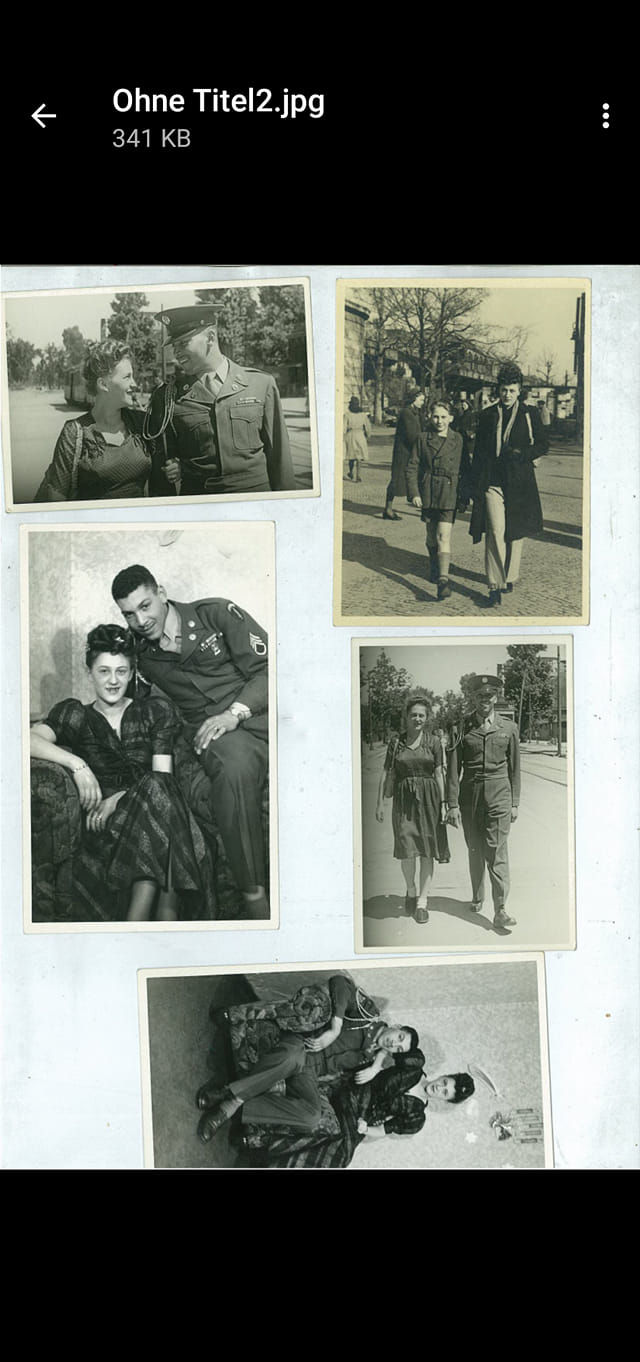What if…Have you ever asked yourself WHAT IF…?What would have happened if...
- Saskia Lackner

- Sep 18, 2021
- 3 min read
What would have happened if I had taken this job? If I had moved to Toronto? What if I had not broken up with a boyfriend three years ago? How would my life be different? Would I be happier than I am right now?
The “What if” question is a story about possibilities and opportunities. Sometimes it is a story about regrets. Regrets for not taking a chance, for missing out, for choosing one option over another. In 2016, a film crew in New York set up a chalk board in Brooklyn instructing people to share their biggest regrets. Most people didn’t write about what they did, but rather about what they didn’t do.
In psychology, this is called the Zeigarnik effect, named after psychologist Bluma Zeigarnik. The Zeigarnik effect states that people remember uncompleted or interrupted tasks better than completed tasks. You regret something more, if you feel a certain story in your life isn’t quite finished.
As part of the film project, the film crew in New York erased the word “not” in the regrets, turning past regrets into future dreams. People were filled with hope that they could still go after missed opportunities.
Missed opportunities are everywhere
Missed opportunities have become a popular trope in western culture. Many movies have dealt with the theme of unfinished business, a lot of them set in high school. In “Peggy Sue Got Married” by Francis Ford Coppola, for example, the 43-year old Peggy Sue is transported back to high school times and gets to relive her senior year with the opportunity to make different decisions the second time around.
What if on a collective level
Naturally, the “what if” question is a hypothetical one to which we will never know the answer. It is not possible for us to go back in time and try out other options and alternative life paths. We can’t just return a marriage like a package from Amazon.
In fiction, there are examples of a “what if” theme on a collective level. One of these examples is the TV show The Man in the High Castle. The story premise is simple: What would have happened if the outcome of WWII had been different?
Paul Auster’s different versions of a life story: 4 3 2 1
Paul Auster published a book called 4 3 2 1 where he tells the story of Archie Ferguson in four different versions. Every biography of Archie Ferguson is different because of the circumstances and times he is born in. But some things always stay the same: he’s always a writer and his wife is always the daughter of his parents‘ friends.
Certainly, this novel is based on an essentialist view of identity while at the same time includes circumstantial influences. I always liked biographies because collective and individual views are intertwined: you cannot really take out an individual of their time, culture, language or environment. However, maybe some things – like being a writer in the case of Archie Ferguson – would stay the same.
Postmodernist theory would argue that we are completely influenced by our environment and are therefore fluid in our identity. Philosophers, psychologists, sociologists and more haven’t solved the case of nature (that would be the more essentialist approach) or nurture (being the influence of culture, environment, socialisation, etc). And how could we? A story like 4 3 2 1 can only be told in our minds. It is in the end fiction.
Making room for answers
But what we do is make sense of our own life story while thinking about it. It just happens naturally; we give brief encounters a meaning and contextualize them.
If we think about the “what if” question, we tend to make room for (fictional) answers, for opportunities, for fantasies, for visions. Walt Disney, for example, used to have different rooms for different stages of evolving ideas: The dreamer, the realist, and the spoiler (also referred to as the critic). He would go from room to room and adopt different roles. This method became known as the “Disney method” and had great impact on design aesthetics and innovation methods.
Hence, making room, looking back, reflecting about the past but also the future can help us adjust our life path. And maybe, in the end, we are indeed all possible versions of ourselves, even though we are only living one.



Comments